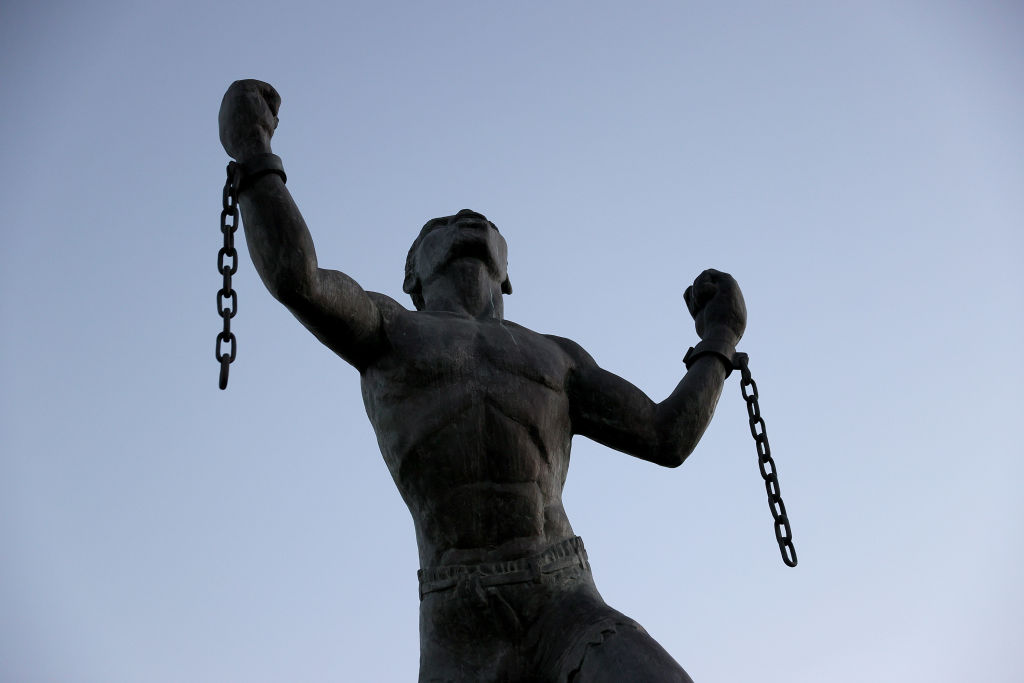CARIBBEAN COUNTRIES have been told to replace all statues and monuments that honour enslavers and colonisers, with freedom fighters.
Jamaica’s Ministry of Foreign Affairs and Foreign Trade, Alando Terrelonge, made the demand while speaking on reparatory justice at the United Nations (UN) headquarters in New York.
Mr Terrelonge called for the removal of monuments and place names linked to slavery and for Caribbean freedom fighters to be honoured.
“It behooves us in the Caribbean to erect similar monuments, tear down those monuments of old, and erect new ones. Remove certain colonial names as well from our buildings and our streets and put new ones forward, so that we are not telling the stories of the oppressors, but telling the stories of our freedom fighters,” Mr Terrelonge said.
The State Minister described the removing statues of colonisers and enslavers as “internal reparations” that Caribbean nations can make now – until the legal framework and action by the UN on reparations is ready to be rolled out.
Mr Terrelonge also said that reparations is the right for oppressed people.
Several Caribbean nations have demanded reparations for slavery in recent years and there is now growing pressure on Britain to formally apologise for slavery.
In April, some of the descendants of Britain’s most richest slave owners said the British government should apologise for slavery.
In January, the Church of England apologised for its historical liked to the Transatlantic Slave Trave following a new report.
The church said £100 million of funding to be available over the next nine years to champion investment, research and engagement.
The Caricom Reparations Commission is the leading voice on reparations in the Caribbean and has a ten point action plan that they believe will begin the path to reconciliation, truth, and justice for the victims of slavery and their descendants.
Over the last 12 months, the Jamaican Government has announced plans to cut ties with the British Monarchy and remove King Charles as the Caribbean country’s head of state.
In March, Mr Holness unveiled the 14-member Constitutional Reform Committee (CRC) team, which will guide Jamaica as the country transitions to a republic.
Speaking at a press conference at the time, Mr Holness said: “It is indeed my great privilege to announce the establishment of the Constitutional Reform Committee.”


Comments Form
2 Comments
BAZINGA!!!!
You can always depend on African, and African-Caribbean Elected political leaders, to attack, and try to address the wrong issue.
The real issue which Caribbean Elected politicians need to correct is why so many of the youth of the Caribbean, do not have the discipline for higher education; and why Caribbean people express very little interest in their African-heritage.
Removing the Caucasian statues in the Caribbean, is pure Left-wing gesture politics on clear public display.